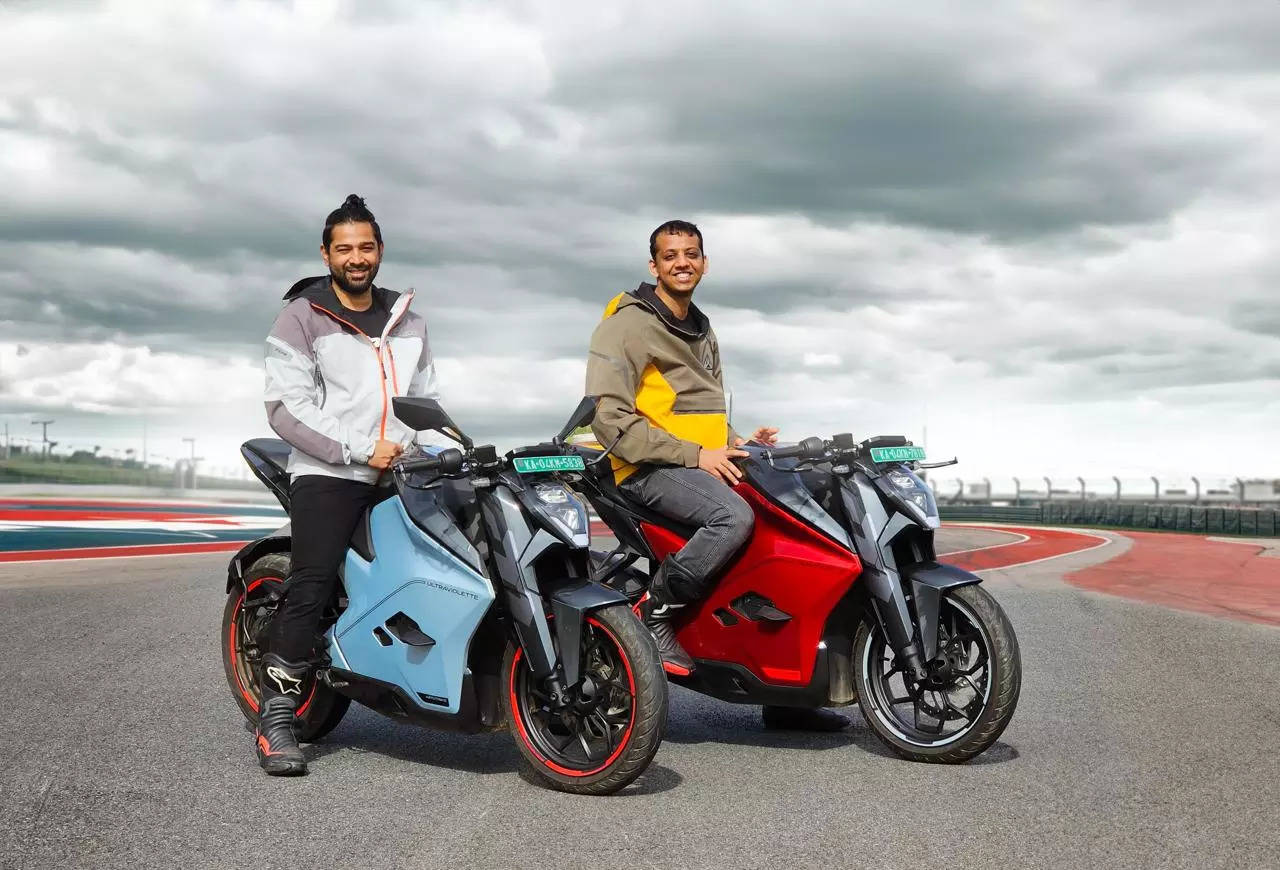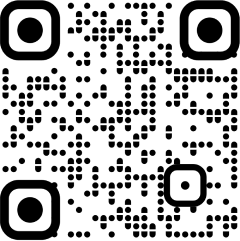
New Delhi: Narayan Subramaniam and Niraj Rajmohan spent a lot of time in the US during 2015 analysing and understanding the mindsets of Tesla owners.
The founders of Ultraviolette Automotive, the Bengaluru-based electric vehicle startup that was to become a reality in the following year, realised that most of these affluent Tesla owners also had a Mercedes and BMW parked in their garages.
“Of course, Tesla did a lot of those things that those brands could do but did them slightly better. The message conveyed to the society was that you are more progressive using a Tesla,” recounted Subramaniam in a telephone interview.
This input was extremely critical in planning the template for Ultraviolette which, since its founding in 2016, has the F77 electric motorcycle in its kitty. Launched in October 2022, it is doing small numbers right now even when the company has onboard some high profile investors like TVS Motor Company, Zoho Corporation, and a Malayalam film star, Dulquer Salmaan.
“From a motorcycle perspective, macho is cool but there is also this other element…every other company in this 300-500cc space rides on legacy or sentimental values with concepts rooted in the past. On the other hand, we needed to work on a concept rooted in the future,” Rajmohan said.
Staying ahead
The Ultraviolette founders wanted their offering to be seen as a product ahead of its time and very progressive. As Subramamiam said, “We were very clear that the debut product had to be a motorcycle.” The other priority was to bring in the element of progressive design which was not as aggressive as the Japanese or functional like the Europeans. “The F77 has a very different design identity,” he added.
The goal, continued Rajmohan, was to build cutting-edge technology products both for the domestic market and the world. This was part of the vision to put an Indian company in the global arena. “This was part of our journey and this is reflected in the choice of design and material. The motorcycle was built as a mid-segment global offering,” he said.
Wouldn’t it have been easier to start off with a scooter keeping in line with what a whole lot of other companies have chosen to do? “We wanted to create a brand of global repute and when we studied the landscape, we knew that most people would enter the scooter segment. Scooters do not have too much emotional value for a customer and are driven by value for pricing,” replied Subramaniam.
According to Rajmohan, India largely has utility scooters “with shades of premiumness” apart from the fact that the barrier to scooter entry is very low. “The technology is readily available while the battery pack, motor controllers etc have been around for a while. There are a whole lot of companies with a very marginal differentiator element,” he said.
Differentiator mantra
Both were only too aware that the scooter space would get crowded and as a new entrant, their core strength did not lie in mass production at a low price. “Ours was cutting edge technology, design, newer user experience and so on . We had to align the market and segment with our offering,” Subramaniam said.
When work began on the F77 prototype, most of the technology was not available – be it the battery, motors, power electronics and controllers. Since the bike had to be commercially viable, “we built the core tech ourselves which was our competitive advantage and something we are good at”.
By the end of the day, this was more satisfying than going in for an affordable scooter or three-wheeler which only meant “importing stuff from other parts of the world”. As Subramaniam put it, “If you look at scooters from other companies, it is more about distribution while our customers like our product’s design and performance.”
The founders say the F77 has hit the right notes with its customers though there is still a long way to go in ramping up its presence beyond Bengaluru. There are huge challenges involved in creating a retail network but they remain undeterred and are quite confident about the future.
The 300-500 cc motorcycle segment is now the focus area for a host of manufactures even while the basic commuter bikes and scooters account for larger volumes. The F77’s pricing begins at INR 3.8 lakh which the Ultraviolette founders say is just right for an electric motorcycle. “We haven’t cut any corners and our range has the largest battery packs for a two-wheeler. It reflects the choice we make to give a range,” Rajmohan said.
Common interests
Interestingly, the founders were childhood friends who studied in the same school and university, albeit with different backgrounds. In the case of Subramaniam, it was design and mechanical while Rajmohan’s area of specialisation was computers and electronics. The common factor was sharing “a deep interest in innovation and technology.”
Both were working abroad but realised it made more sense to return to India and, more specifically Bengaluru, to pursue their dream of creating “a brand of global repute”. It was a singleminded vision and, as Subramaniam said, the benchmark was companies like Sony which in its heady days had captured the global mind space and was a huge technology influencer.
Ultraviolette, likewise, was created with this objective where the capabilities of its people would make the difference in developing a global product. “When we started, we even contemplated having the team move to Europe given the interest and attention we were getting worldwide,” recalled Subramaniam.
Clearly, the F77 is extremely dear to their hearts and the recent outing at EICMA, Milan, and showcasing the F99 concept was another high. Rajmohan said the F77’s instant acceleration and torque are huge highs for users “and this is proof of our engineering work”. These riders are also coming together as a community called the UV Squadron.
Aviation enthusiasts
“Our community members are called pilots and goes back to the fact that the two of us are massive aviation enthusiasts. A third of the engineering talent base here comes from the aerospace and aviation background,” he added.
The founders were of the firm view that their workforce needed to comprise employees with different skill sets that were not present in the conventional auto ecosystem. The talent hunt then began for people from the consumer electronics side in companies like Samsung.
“However, when you look at robust avionic systems or just electronics in general, the skill sets come from companies like Honeywell Aerospace, Boeing, Airbus and Isro. We started to identify talent here to build capabilities,” said Rajmohan.
Between 2015-16 and today, the core team at Ultraviolette has been drawn from three different backgrounds: a) the automotive domain with experience in suppliers, manufacturing etc and, hence, more traditional in approach; b) consumer and digital electronics; and c) aerospace background which includes mechanical and electronics experience.
“It was not intentional to go in for these specific hires but they are now the core of Ultraviolette,” Subramaniam said.
















